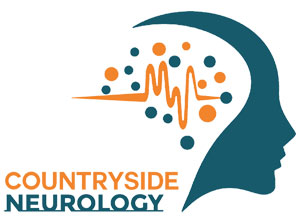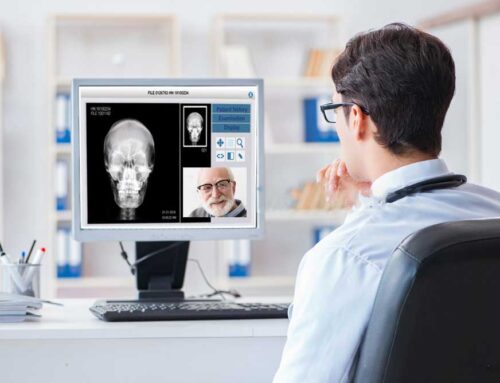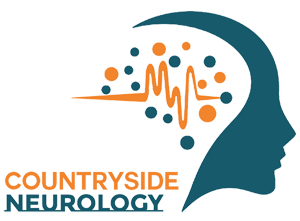In recent years, the field of neuroprosthetics has made significant strides, offering hope and improved quality of life to individuals with neurological impairments. Neuroprosthetics, also known as brain-computer interfaces (BCIs), are devices that bridge the gap between the brain and external technology, allowing for communication, movement, and sensory perception in individuals with conditions such as paralysis, limb loss, or neurological disorders.
These remarkable devices work by intercepting, interpreting, and translating electrical signals from the brain into actionable commands that control prosthetic limbs, computer cursors, or other external devices. They function through a combination of advanced sensors, electrodes, and sophisticated algorithms that decode neural activity and translate it into meaningful actions.
One of the most notable applications of neuroprosthetics is in the field of mobility assistance. For individuals with spinal cord injuries or limb loss, neuroprosthetic devices offer newfound independence and freedom of movement. Whether it’s a robotic exoskeleton that enables individuals to walk again or a prosthetic limb that restores dexterity and functionality, these devices have revolutionized the way we approach rehabilitation and mobility assistance.
Beyond mobility, neuroprosthetics also hold promise for restoring sensory perception in individuals with sensory impairments. Cochlear implants, for example, bypass damaged auditory nerves to provide a sense of sound to individuals with hearing loss. Similarly, retinal implants can restore vision in individuals with degenerative eye conditions by stimulating the remaining healthy cells in the retina.
In addition to their practical applications, neuroprosthetics are paving the way for groundbreaking research in neuroscience and neuroengineering. By studying the brain’s intricate neural circuits and their interaction with external devices, researchers are gaining invaluable insights into the fundamental principles of brain function and plasticity. This knowledge not only fuels further advancements in neuroprosthetic technology but also enhances our understanding of neurological disorders and brain health.
At Countryside Neurology, we recognize the transformative potential of neuroprosthetics in improving the lives of individuals with neurological conditions. Our team of experienced neurologists and specialists is dedicated to staying at the forefront of innovation in neuroprosthetic technology, offering comprehensive evaluations, personalized treatment plans, and ongoing support to our patients.
If you or a loved one could benefit from neuroprosthetic technology, don’t hesitate to reach out to us at 727-712-1567. Together, we can explore the possibilities of neuroprosthetics and embark on a journey toward enhanced independence, functionality, and quality of life.





